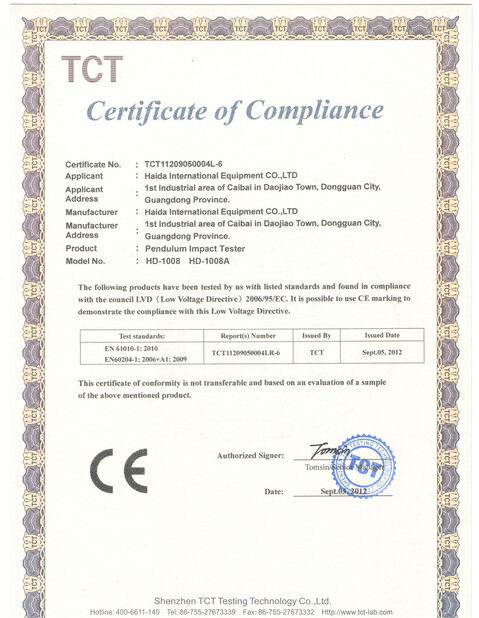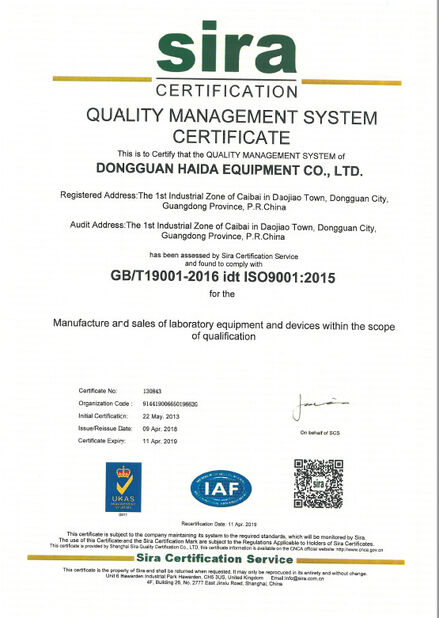As the global demand for sustainable modes of transportation continues to grow, new energy vehicles (NEVs) have emerged as the frontrunner in clean energy transportation. However, before these eco-friendly vehicles leave the production line, a rigorous pre-delivery testing procedure is put in place to ensure their quality and safety.

Pre-delivery testing of new energy vehicles is a critical step in verifying vehicle performance, reliability and compliance. Here are the key reasons behind this process:
Quality Assurance: Pre-delivery testing involves a comprehensive inspection of every aspect of new energy vehicles to ensure that they are free of any defects or problems during the manufacturing process. This includes inspections of the vehicle's exterior, body structure, battery system, electric motor, and various functions and systems. Only when all quality criteria and specifications are met are the vehicles considered fit for the market.
Safety: New energy vehicles use large-capacity battery systems, so safety assessment is critical. Pre-delivery testing checks the construction, insulation and protection of battery components to ensure they will not leak, overheat or otherwise be potentially hazardous during use. In addition, a comprehensive inspection of the vehicle's safety system, braking system, and assisted driving technology is carried out to ensure the safety performance of the vehicle on the road.
Compliance: New energy vehicles must comply with national and regional regulations and standards. The pre-delivery testing process ensures that the vehicle meets the requirements of these regulations and standards, including emission standards, crash safety standards, battery performance and charging safety, etc. Only after successfully passing these compliance tests can new energy vehicles be approved and receive a sales license.


 Your message must be between 20-3,000 characters!
Your message must be between 20-3,000 characters! Please check your E-mail!
Please check your E-mail!  Your message must be between 20-3,000 characters!
Your message must be between 20-3,000 characters! Please check your E-mail!
Please check your E-mail! 

